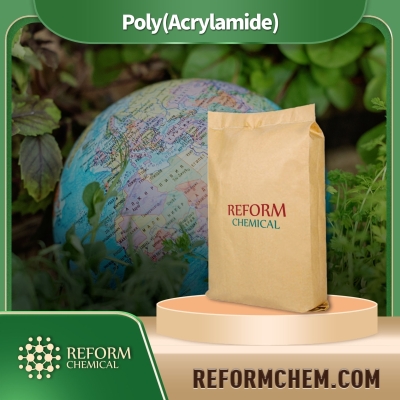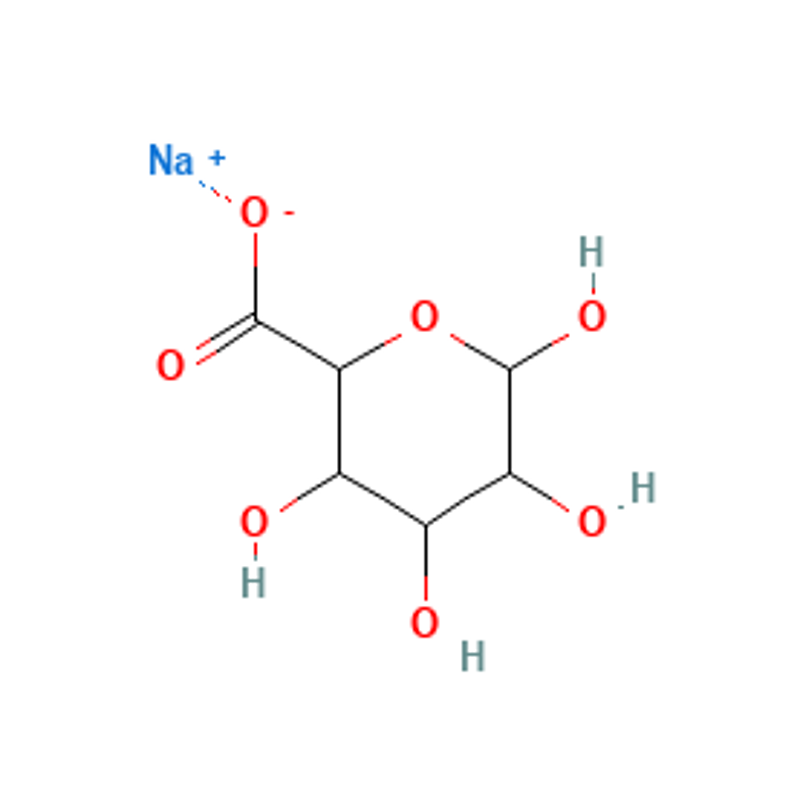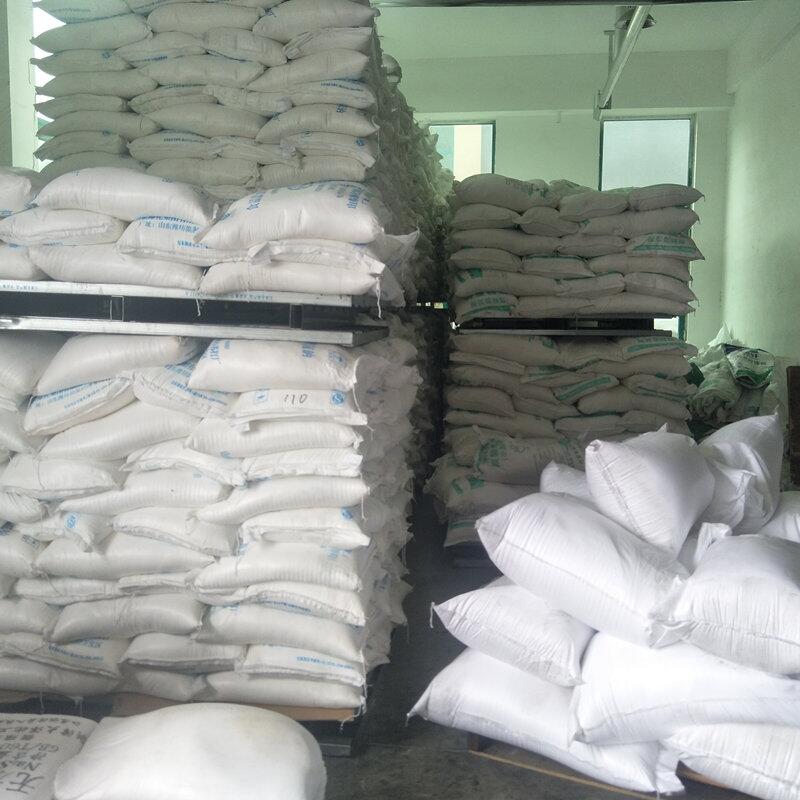-
Categories
-
Pharmaceutical Intermediates
-
Active Pharmaceutical Ingredients
-
Food Additives
- Industrial Coatings
- Agrochemicals
- Dyes and Pigments
- Surfactant
- Flavors and Fragrances
- Chemical Reagents
- Catalyst and Auxiliary
- Natural Products
- Inorganic Chemistry
-
Organic Chemistry
-
Biochemical Engineering
- Analytical Chemistry
-
Cosmetic Ingredient
- Water Treatment Chemical
-
Pharmaceutical Intermediates
Promotion
ECHEMI Mall
Wholesale
Weekly Price
Exhibition
News
-
Trade Service
Bis(1,2,2,6,6-pentamethyl-4-piperidyl) decanedioate, also known as pentamethylene decanedioate, is a synthetic compound that is commonly used as a plasticizer in the production of flexible polyvinyl chloride (PVC) products.
This compound is known for its ability to improve the flexibility and softness of PVC, making it a popular choice for use in products such as vinyl flooring, plastic films, and vinyl sheets.
In the chemical industry, the production of Bis(1,2,2,6,6-pentamethyl-4-piperidyl) decanedioate involves a multi-step process that involves the synthesis of the starting materials and the subsequent reaction of these materials to form the final product.
This process typically involves the use of several different chemical reactions and equipment, including reactors, separators, and purification systems.
The production of Bis(1,2,2,6,6-pentamethyl-4-piperidyl) decanedioate can be broken down into several key stages, including the synthesis of the starting materials, the reaction of these materials to form the final product, and the purification and isolation of the final product.
The first step in the production of Bis(1,2,2,6,6-pentamethyl-4-piperidyl) decanedioate is the synthesis of the starting materials, which typically involves the reaction of a number of different chemical compounds in the presence of a catalyst.
This reaction typically takes place in a reactor, which is a large vessel that is used to accommodate the reaction mixture and to provide the necessary conditions for the reaction to occur.
Once the starting materials have been synthesized, the next step in the production process is the reaction of these materials to form the final product.
This reaction typically takes place in a separate reactor and involves the use of heat and a catalyst to speed up the reaction.
Once the reaction is complete, the product is purified and isolated from any remaining starting materials or reaction byproducts.
This typically involves the use of a number of different purification and isolation techniques, such as distillation, filtration, and crystallization.
The final product is then packaged and shipped to customers for use in the production of flexible PVC products.
In conclusion, Bis(1,2,2,6,6-pentamethyl-4-piperidyl) decanedioate is a synthetic compound that is commonly used as a plasticizer in the production of flexible polyvinyl chloride (PVC) products.
The production of this compound involves a multi-step process that involves the synthesis of the starting materials, the reaction of these materials to form the final product, and the purification and isolation of the final product.
This process typically involves the use of several different chemical reactions and equipment, including reactors, separators, and purification systems.







